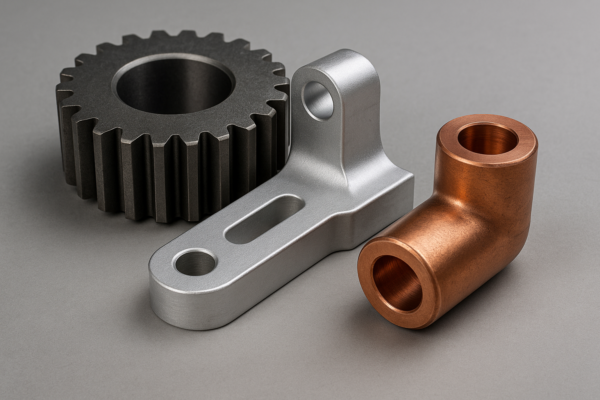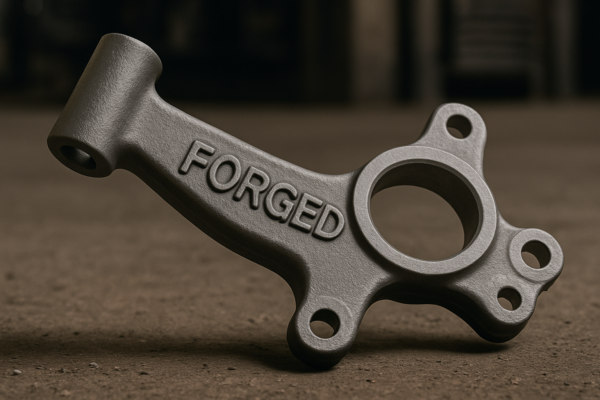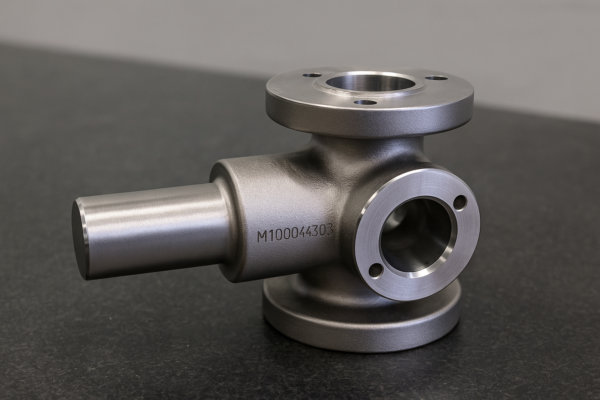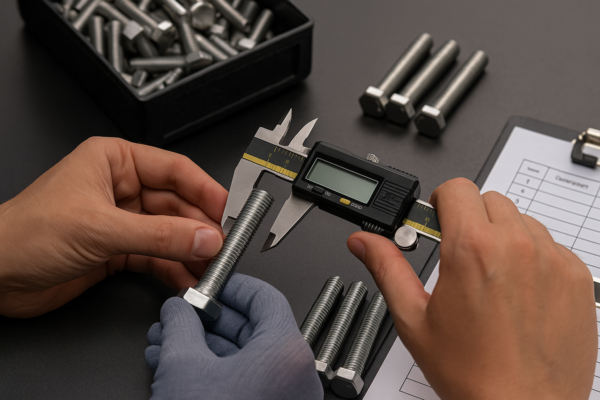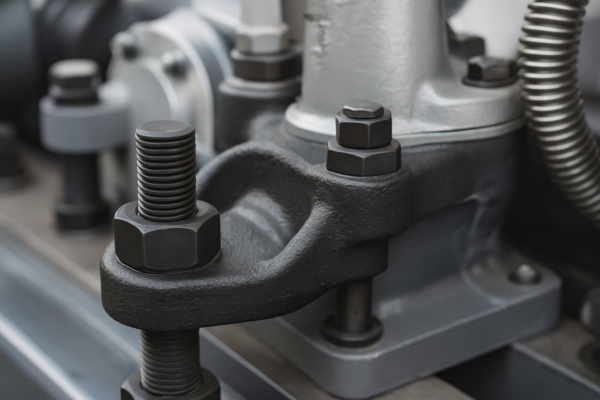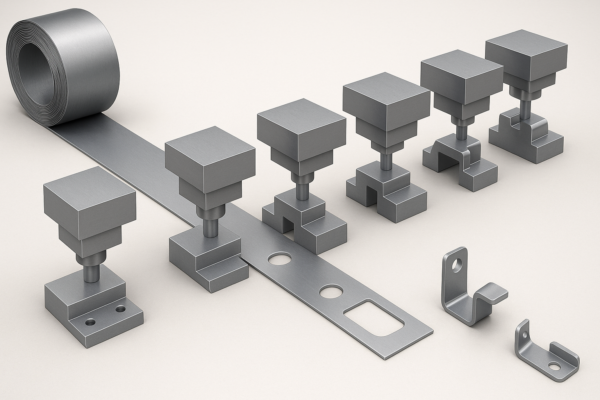What is the best fastener for metal?
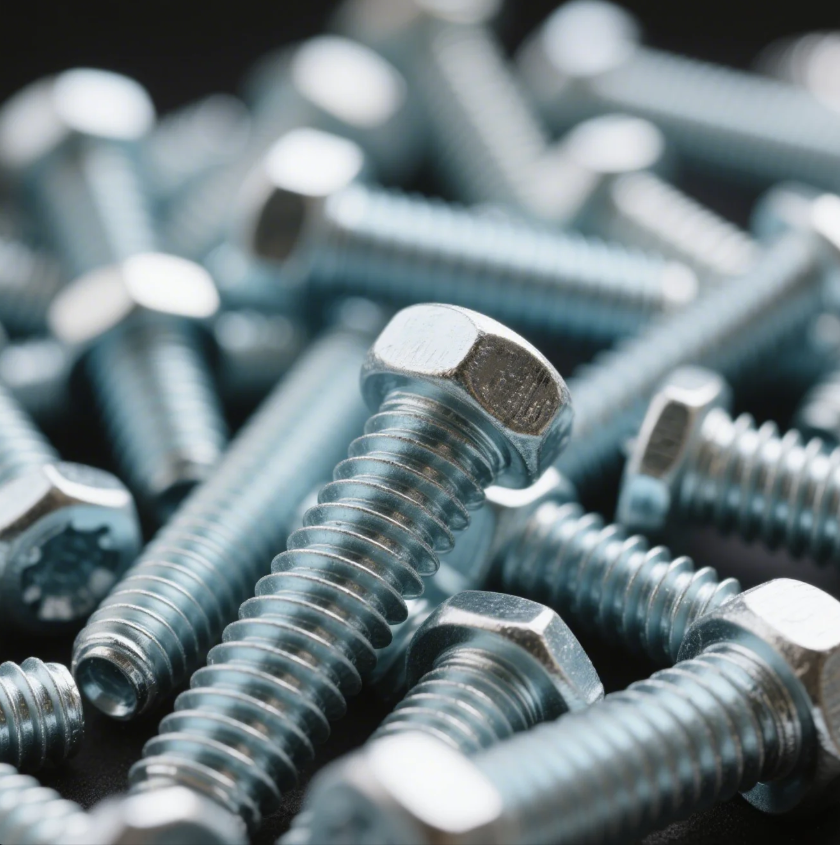
Choosing the right fastener for metal is crucial for ensuring strong, durable connections. In this article, we’ll explore the best fasteners for metal-to-metal applications and answer common questions about their strength and suitability.
Snippet paragraph: The best fastener for metal-to-metal connections depends on your project. Learn about the strongest fasteners and their uses in this article.
When working with metal, it’s essential to select the right type of fastener to ensure the strength and longevity of your joint. Let’s explore the best fasteners for metal-to-metal connections, including the strongest options and the four main types of metal fasteners.
What is the best fastener for metal to metal?
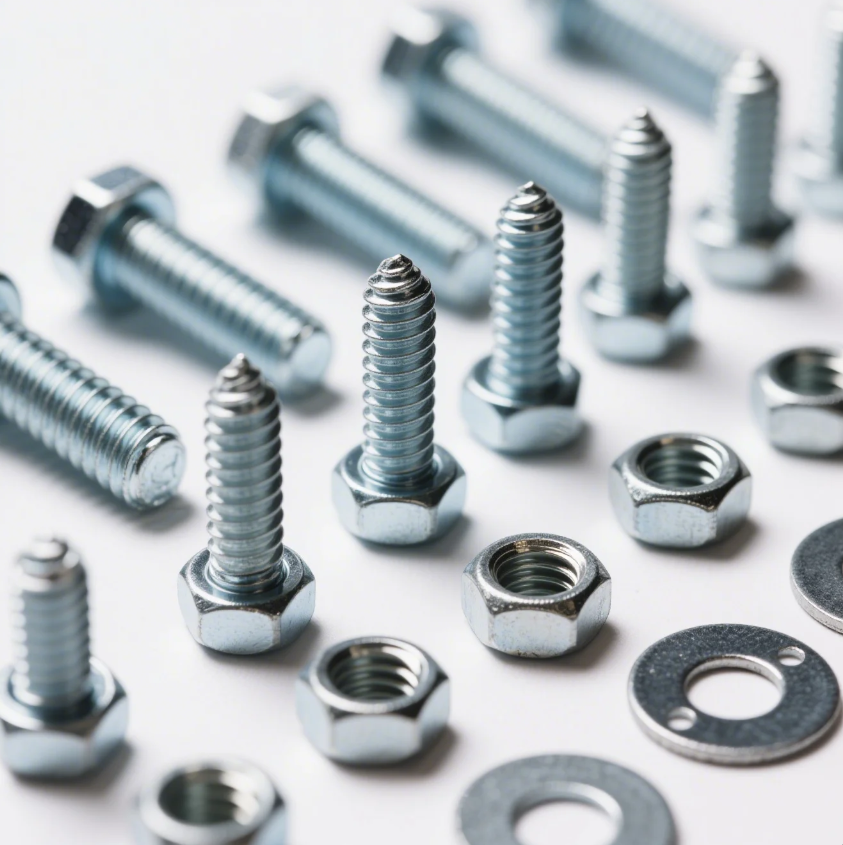
The best fastener for metal-to-metal applications depends on factors such as the type of metal, the strength required, and the environment in which the fastener will be used. Generally, bolts, nuts, rivets, and screws are among the top choices for metal-to-metal fastenings.
1. Bolts and Nuts
Bolts and nuts are widely used in metal-to-metal fastening due to their ability to hold materials together securely. Hex bolts combined with hex nuts are among the strongest options for heavy-duty applications, such as in construction, machinery, or automotive work.
- Best For: Heavy-duty and high-stress applications, such as structural work or machinery assembly.
- Advantages: Easy to install and remove, reusable, and highly durable.
2. Rivets
Rivets are a permanent solution for fastening metal-to-metal. They are especially useful when access to both sides of the workpiece is not possible, as they only require access to one side.
- Best For: Aircraft, bridges, and metal sheet fabrication.
- Advantages: Strong, permanent, and resistant to vibration.
3. Screws
Screws, especially machine screws and self-tapping screws, are excellent for joining metal components. They can be used for a wide range of metal thicknesses and are available in various sizes and coatings.
- Best For: Thin to medium thickness metal applications and scenarios where future disassembly may be required.
- Advantages: Easy installation, availability in different sizes, and a variety of head types for different tools.
Metal-to-Metal Fastener Options Comparison:
| Fastener Type | Best For | Advantages |
|---|---|---|
| Bolts/Nuts | Heavy-duty applications, machinery assembly | Strong, reusable, versatile |
| Rivets | Permanent, structural applications | Strong, resistant to vibration, one-sided access |
| Screws | Medium-duty metal applications | Easy installation, removable, varied sizes |
What is the best thing to attach metal to metal?
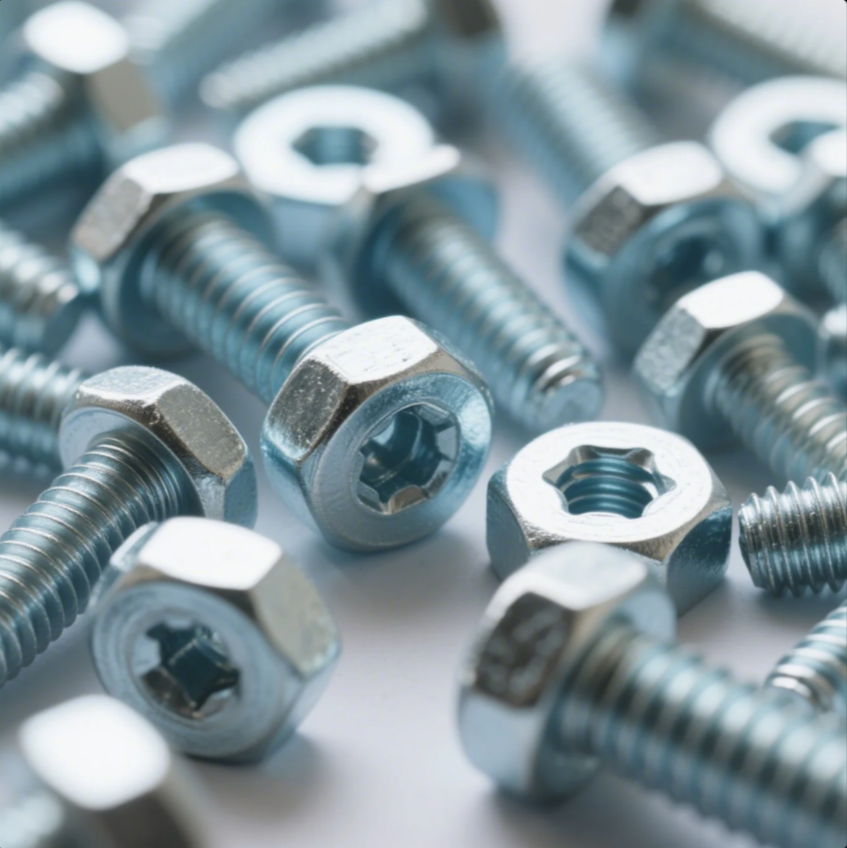
The best way to attach metal to metal depends on the strength requirements, the environment, and whether you need a temporary or permanent bond. Welding is often the best choice for permanently attaching metal, as it fuses the pieces together.
1. Welding
Welding is a process that uses high heat to melt and fuse metal pieces together. This is one of the most reliable and permanent methods of attaching metal to metal.
- Best For: Permanent metal-to-metal bonds, especially for high-stress or heavy-duty applications.
- Advantages: Provides a strong, durable bond, especially for load-bearing or high-pressure applications.
2. Bolts and Nuts
As mentioned, bolts and nuts are ideal when a detachable, strong joint is needed.
- Best For: Applications that require a strong joint but might need to be disassembled in the future.
- Advantages: Reusable, adjustable, and easy to work with.
3. Rivets
For permanent attachment where welding is not possible, rivets offer a strong solution, especially in situations where one side of the joint is inaccessible.
- Best For: Sheet metal applications, aerospace, and structural work.
- Advantages: Permanent, vibration-resistant, and doesn’t require access to both sides of the material.
Best Metal-to-Metal Attachment Methods:
| Method | Best For | Advantages |
|---|---|---|
| Welding | Permanent, high-strength applications | Strong, durable, perfect for load-bearing |
| Bolts/Nuts | Disassemblable, medium to heavy-duty work | Reusable, adjustable |
| Rivets | Permanent attachment, one-sided access | Strong, vibration-resistant |
What is the strongest type of fastener?
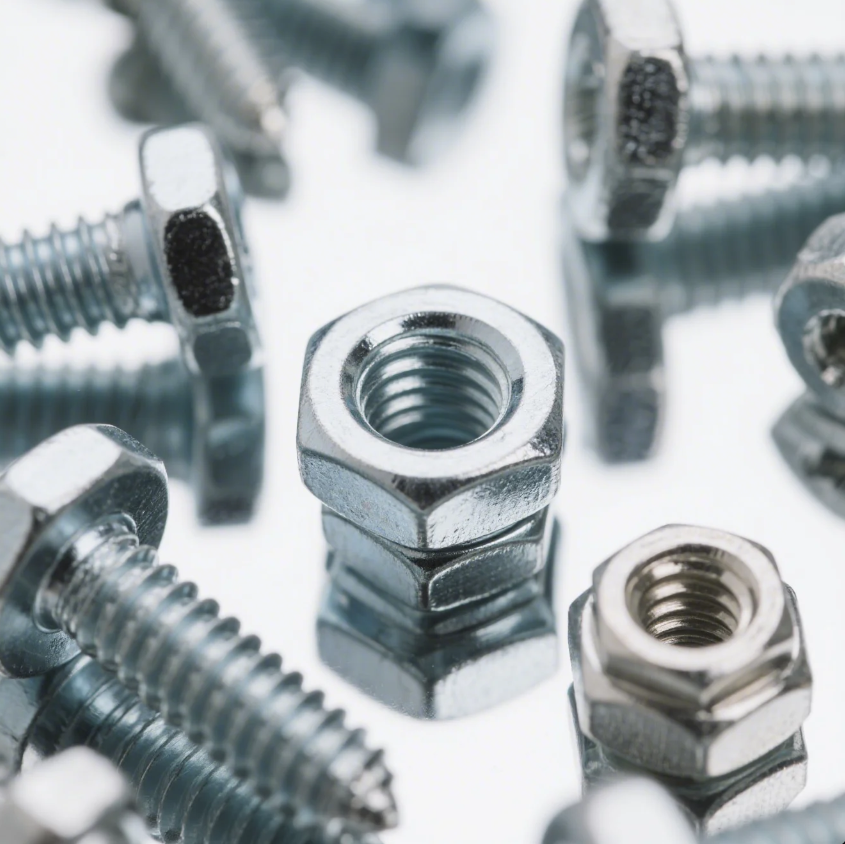
The strongest type of fastener generally depends on the application, but bolts and rivets are among the strongest fasteners for metal-to-metal applications. They are highly durable and capable of withstanding significant stresses.
1. Bolts
Hex bolts, when paired with nuts, provide excellent strength and stability in heavy-duty applications. The combination of threading and the tight fit between the bolt and nut ensures a robust joint.
- Best For: Heavy-duty and high-stress applications, such as structural work and machinery.
- Advantages: Can hold high amounts of tension and shear stress, easy to disassemble.
2. Rivets
Rivets, particularly solid rivets, provide one of the strongest permanent fastening solutions for metal. They are often used in aerospace and heavy machinery for applications where strength and durability are critical.
- Best For: Applications requiring a permanent bond, like aircraft or large machinery.
- Advantages: Extremely durable, resistant to vibration, and can be used when welding is not an option.
Strongest Fastener Comparison:
| Fastener Type | Strength/Use Case | Best For |
|---|---|---|
| Bolts | High strength in heavy-duty applications | Structural, machinery, construction |
| Rivets | Strong, permanent fastening for metal-to-metal | Aerospace, automotive, heavy machinery |
What are the 4 types of metal fasteners?
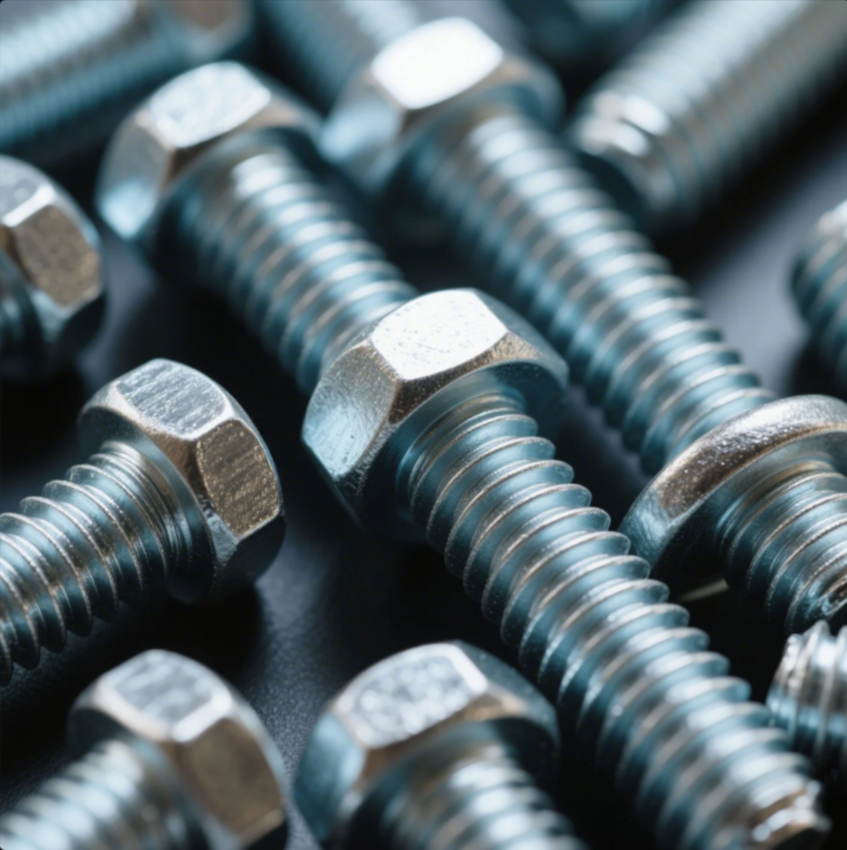
The four main types of metal fasteners are screws, bolts, nuts, and rivets. Each of these fasteners has unique features and applications:
- Screws: Threaded fasteners used to secure materials together by rotating them into place.
- Bolts: Large fasteners used with nuts to secure materials together in high-strength applications.
- Nuts: Hexagonal fasteners used with bolts to secure them in place.
- Rivets: Permanent fasteners used to join two pieces of metal by deforming the rivet.
Types of Metal Fasteners:
| Fastener Type | Description | Common Applications |
|---|---|---|
| Screws | Threaded fasteners for joining materials | Woodworking, machinery, automotive |
| Bolts | Large fasteners used with nuts | Heavy-duty applications, construction |
| Nuts | Hexagonal fasteners to secure bolts | Industrial machinery, structural work |
| Rivets | Permanent fasteners for metalwork | Aerospace, automotive, construction |
These four types of metal fasteners are the most commonly used in various industries, each serving a specific purpose based on the project’s requirements.
Conclusion
The best fastener for metal-to-metal connections depends on the application, strength requirements, and whether you need a temporary or permanent solution. Bolts, nuts, rivets, and screws are all strong options, with welding being the most permanent solution for attaching metal to metal. Understanding the strength and suitability of different fasteners will help you choose the best one for your project.
If you’re looking for high-quality metal fasteners for your next project, Prime offers a range of options to suit various industrial needs. Contact us today for expert advice and a quote tailored to your requirements!

